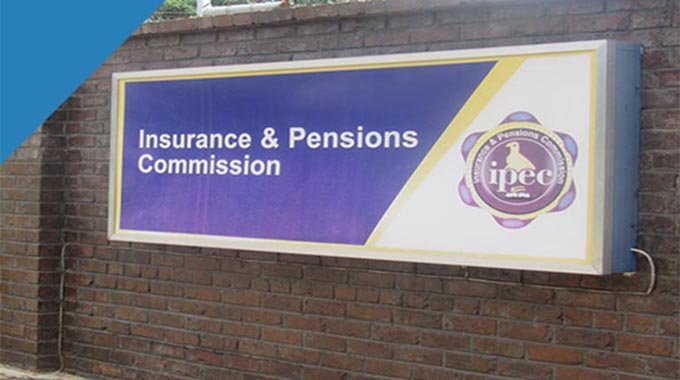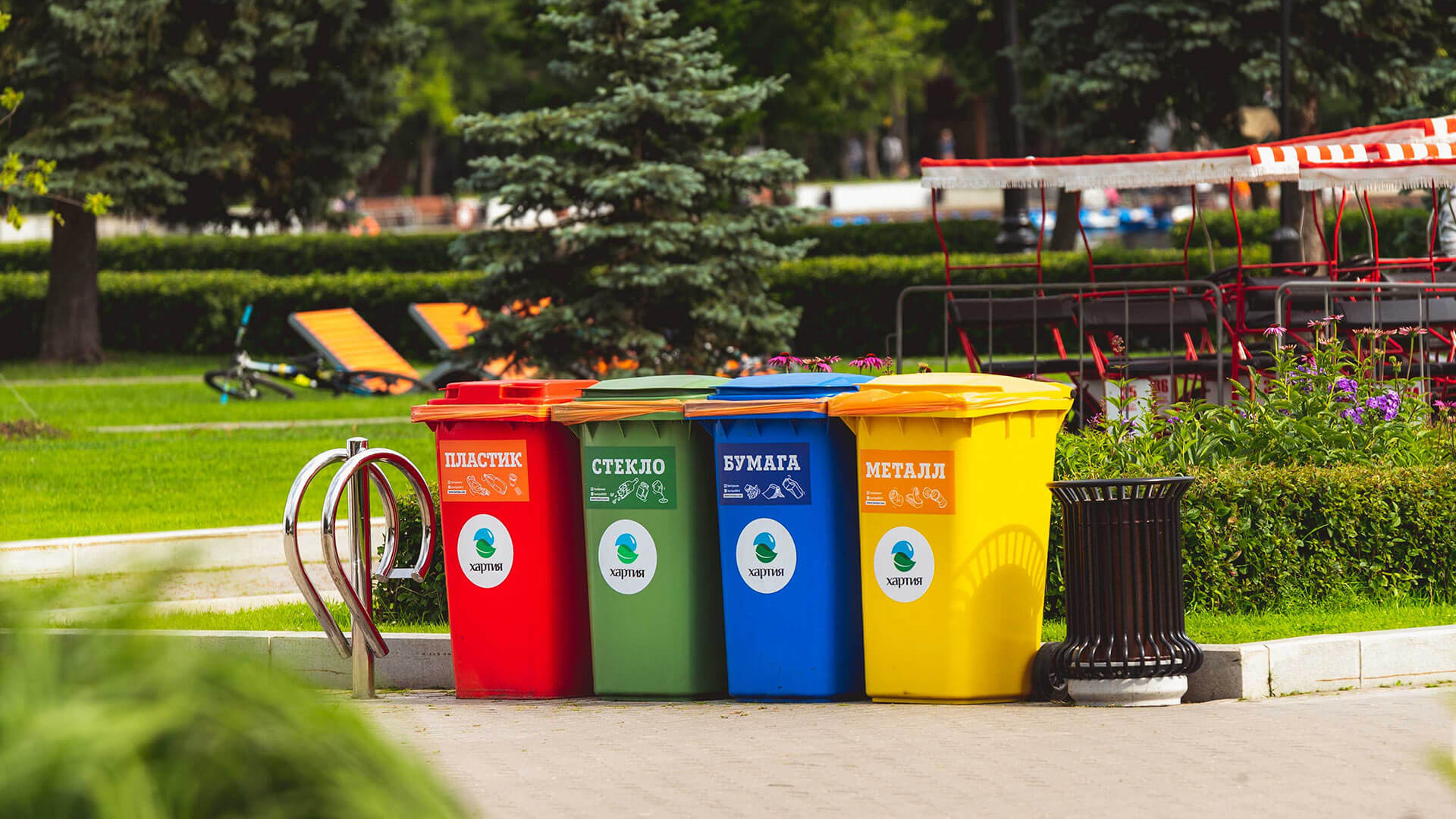Experts call for waste management incentives
Experts have called for authorities to increase incentives for those who invest in waste management technology and services.
Plastic recycling rates remain low and stagnant across the globe, with vast volumes of plastic being disposed of and leaking into nature and Zimbabwe is not an exception.
Experts say there is little economic incentive for individuals and businesses to separate and return plastic materials, relying heavily on social patterns and influence to increase recycling and separation.
At a conference convened to tackle the problem on Monday, Zimbabwe Institute of Geomatics president Wilson Mhuri said solutions to waste management also needed a boost in the form of incentives.
“There should be a policy to reward responsible corporates concerning waste management initiatives,” Mhuri said.
“Companies involved in donations concerning waste management must be given tax breaks or waivers on tax. Incentives should also be in place for companies that offer viable solutions to waste management challenges.”
Engineer Tanaka Muzangwa, an expert who was in attendance said, “Financial incentives designed to persuade households and waste producers to reuse and recycle more, helps prevent the generation of waste and can help contribute to financing waste management activities.”
The conference agreed that incentives include both rewards and charges such as pay-as-you-throw (PAYT), and deposit refund schemes.
Rewards are given to the users to encourage people to recycle more, typically with vouchers for individuals, vouchers for communities or payments to individuals.
In addition to direct incentives in the form of vouchers, an effective recycling incentive is also the reduction of waste fees for residents willing to separate more waste at source, or when waste recycling targets at local level are achieved.
“Companies involved in donations concerning waste management must be given tax breaks or waivers on tax. Incentives should also be in place for companies that offer viable solutions to waste management challenges.”
The geomatics profession is made up of several fields that include geographical information science, engineering survey, land/cadastral survey, mining survey, remote sensing and photogrammetry.
“We need clear waste and water policies. There is also a need for a policy on data sharing to avoid duplication of effort. We need a National Spatial Data Infrastructure Policy in Zimbabwe,” Mhuri added.
“There should be hefty fines for irresponsible waste dumping as well as more awareness programmes on reduce, reuse and recycle of waste even at corporate level.”
The conference also managed to draw from the experience of other countries which sent in their representatives.
“We had big companies like OPTRON, Humanitarian OpenStreetMap Team, Digital Earth Africa and Drone Solutions, among many others,” he said.
Geo Pomona Waste Management operations and compliance manager Wadzanai Chigwa said waste management presented great opportunities to companies and professionals in the field.
“We are moving towards a circular economy where we don’t want to waste anything. So, there are a lot of opportunities. For the geomatics professionals there are also a lot of opportunities which include monitoring of waste to energy plants, landfills among others,” Chigwa said.
“The world is going digital. We are moving towards artificial intelligence. We are talking about nanotechnology. Waste management is not an exception. There are also other different technologies that are coming.”
The experts said the private and public sector need to stop working in silos as the problem affects both sectors. Where the public sector falls short, the private sector may be able to provide support through innovation and research as demonstrated by the above-listed tech startups.
Finally, the conference agreed that government needs to develop effective mechanisms and provide financial incentives to support local industries, such as the construction and manufacturing sectors, to incorporate recycled materials into their manufacturing processes and products.-ebusinessweekly











